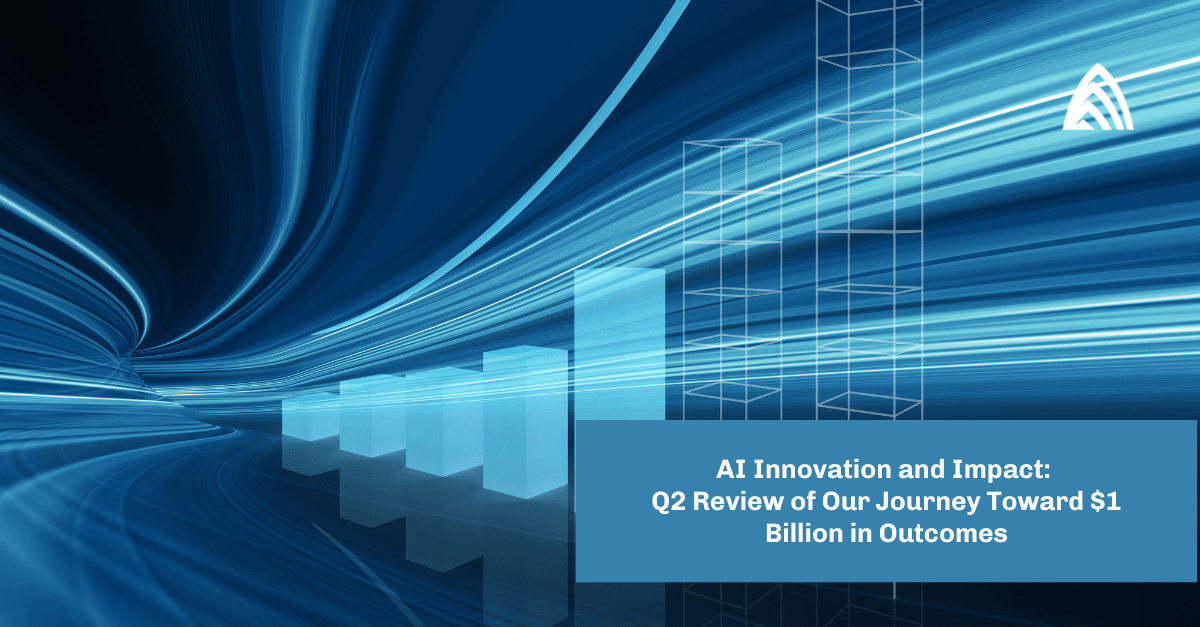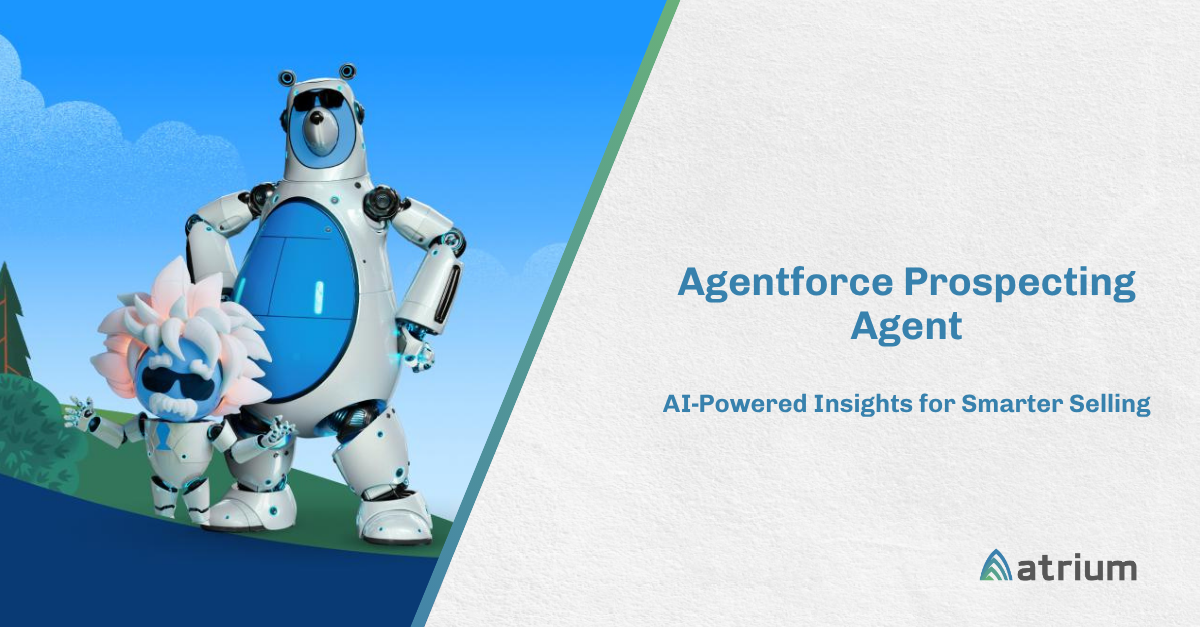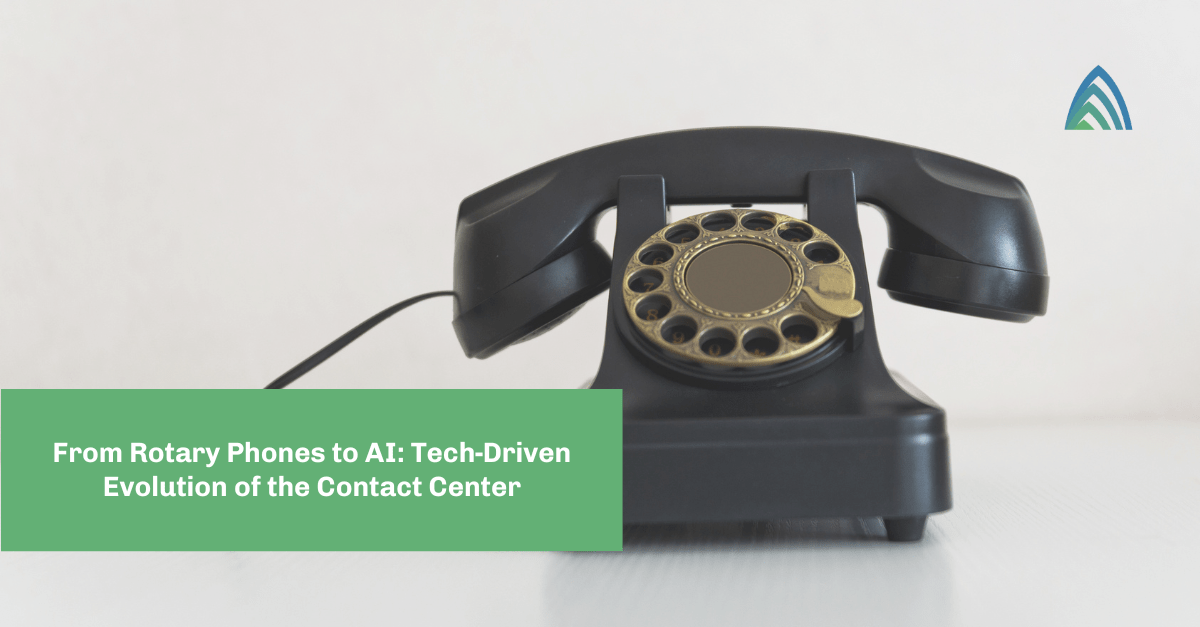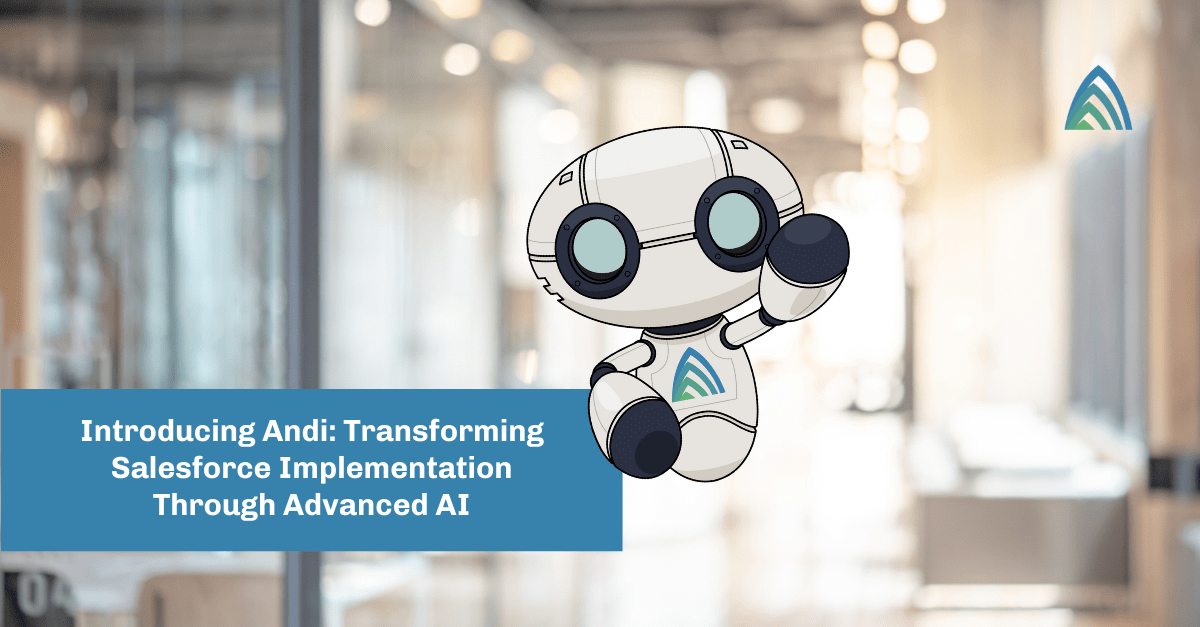Artificial Intelligence enables machines to learn from experiences, which gives them more power and the ability to perform tasks that previously required humans. AI-Driven technologies like self-driving cars and social media monitoring are dependent on deep learning, natural language processing, and machine learning. Using these technologies, computers are trained on large amounts of data to perform specific tasks and recognize patterns in the data.
Industries in which AI is playing an important role today include Banking and Financial Services, Manufacturing, Healthcare, Retail and E-commerce, Education, and more.
AI in the healthcare industry
AI in healthcare is growing rapidly, as machines can outperform humans in tasks such as diagnosing diseases and handling administrative processes.
Many medical devices are built on AI technology. In some hospitals, robots such as the da Vinci® Surgical Robot and The Xenex Germ-Zapping Robot are performing surgeries that are less invasive than traditional surgery and provide faster healing times. AI can track and predict the spread of infectious diseases, and it can assist medical professionals and other healthcare workers in their scheduled work as well.
Where the healthcare industry is utilizing AI
Robotic surgeries
AI-powered robots brought a revolution in the field of surgery. They are performing the surgeries at a very sophisticated level when it comes to precision and the speed of the operation. They can perform some operations that are impossible for human doctors. For example, a university in the Netherlands utilized AI-assisted robotics to suture very narrow blood vessels that ranged from .03 to .08 mm. They can also derive new surgical methods by learning from previous surgeries.
Virtual nursing assistants
AI virtual nursing assistants are available 24/7. These systems plan the whole treatment virtually, based on the symptoms detected, so that the illness will not be worsened. They allow patients’ health statuses to be monitored regularly. AI-powered virtual assistants such as Care Angel provide personalized experiences to patients by scheduling appointments and providing wellness checks.
Chatbots
AI Chatbots have made patients more proactive in sharing their health details. They can communicate faster with the medical practitioner, and the patients have to travel less. Doctors are able to handle the primary care through chatbots and focus on major or critical cases in priority.
Precision medicine
This is one of the most valuable examples in the healthcare industry. It relies on a large amount of data coming from genome sequencing, advanced biotechnology, and health sensors used by patients at home. With very high accuracy, it’s able to identify patients that are at risk of certain diseases that would have gone undetected using traditional methods that are based mostly on statistics.
Administrative Workflow Assistance
AI can save time involving administrative tasks by automating non-patient care activities, such as ordering tests, prescribing medications, and writing chart notes. Features like voice-to-text transcriptions help in the administrative workflow. Doctors can use natural language processing (NLP) to analyze medical papers and develop personalized treatment plans. AI workflow assistance enables care providers to save time by prioritizing tasks.
Advantages of AI in medical devices
- Safer surgeries are performed by AI robots with greater accuracy and success.
- Administrative processes can be improved by managing the workflow with AI applications.
- Information can be shared easily through AI-powered technologies for each patient’s care.
- The AI application will increase the patients’ self-management skills so that they can get monitored and receive suggestions on the proper treatment.
- It reduces the overall costs of running the business as it removes costly manual work. Patients are treated faster and with great success.
- It improves healthcare accessibility, as AI enables the digital infrastructure that facilitates the faster diagnosis of symptoms and creates an efficient healthcare ecosystem.
- With AI, clinical decision-making will be faster and more lives can be saved.
- Prescription error recognition is handled with AI technologies as ML models analyze historic data and compare new prescriptions against it.
- Automated Image Diagnosis helps reduce human error and results in a more accurate diagnosis.
- Cybersecurity in hospitals helps eliminate threats to patients’ safety, and it also prevents harm to a hospital’s reputation by securing their data.
Challenges in AI healthcare
In AI-powered Healthcare, there are two main challenges: Ethical challenges and Legal Challenges. These are the challenges faced in every application of medical devices or while using medical technologies. As the devices are for patient care, these are the foremost points to be taken care of before implementing them in medical practices. The use of AI technologies in healthcare is accelerating rapidly, and the concern should be safety and effectiveness, so the challenges should be importantly considered.
Ethical challenges
- Informed consent to use
- Safety and transparency
- Algorithmic fairness and biases
- Data privacy
Legal challenges
- Safety and effectiveness
- Liability
- Data protection and privacy
- Cybersecurity
- Intellectual property law
The challenges mentioned above are referenced by the National Library of Medicine, which is the National Center for Biotechnology Information.
Future of AI in the healthcare industry
AI is spreading widely throughout the healthcare industry, and most companies and hospitals have already started experiencing its worthiness. There is no doubt in saying that AI is the complete future of the healthcare industry. By facing all the upcoming challenges, AI will, again and again, prove its efficiency, accuracy, and smartness through data and learning with experience.
As AI applications become increasingly integrated with medicine, more and more people will gain access to high-quality, and efficient healthcare.
Learn more about how Atrium can help your organization deliver intelligent business solutions in life sciences.








